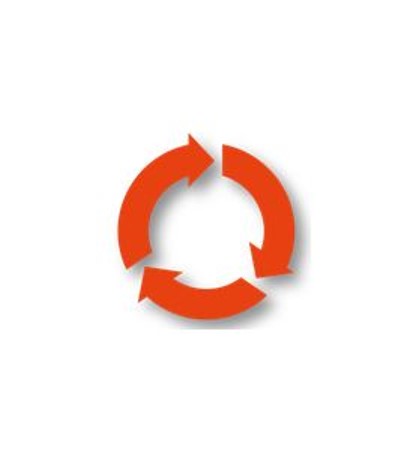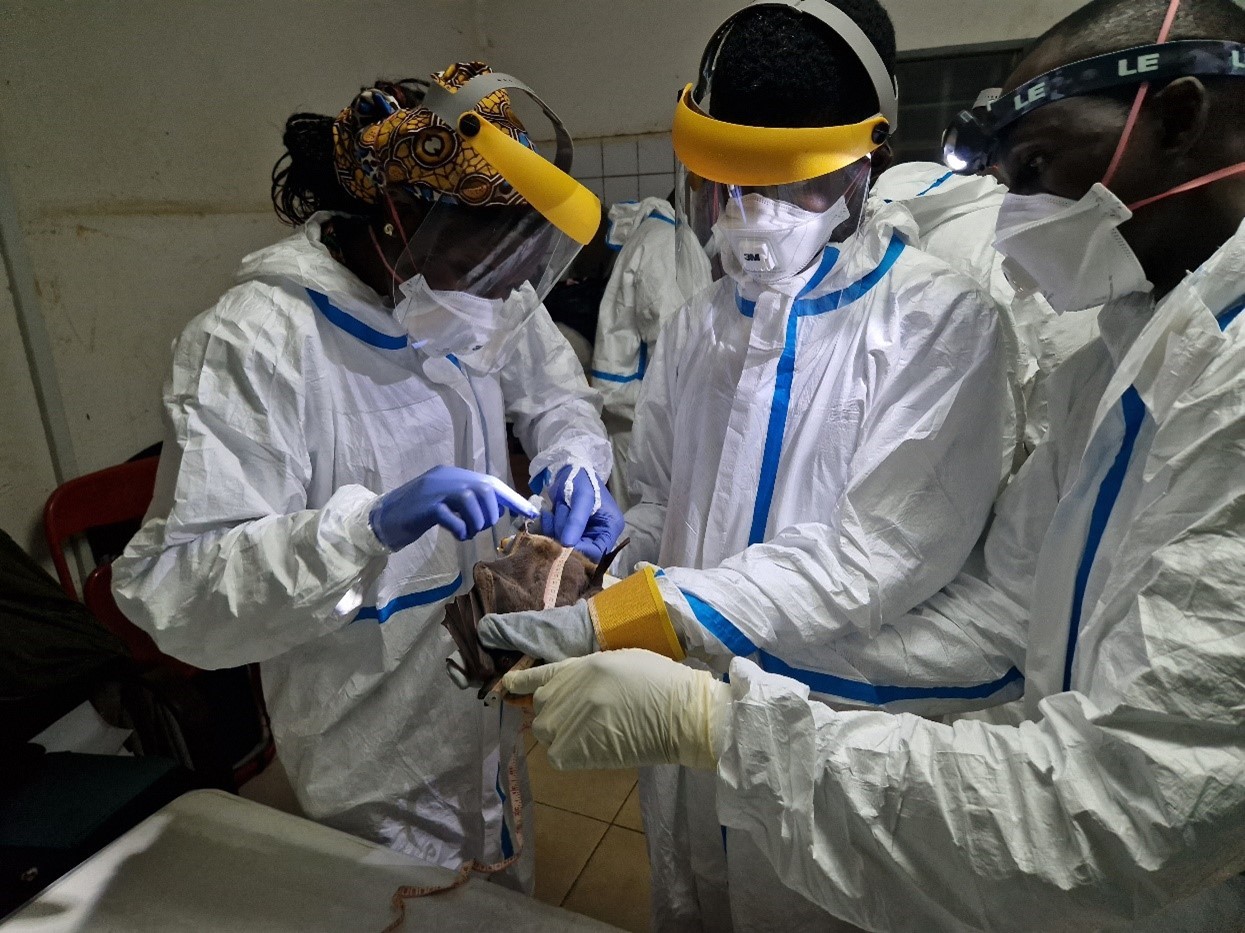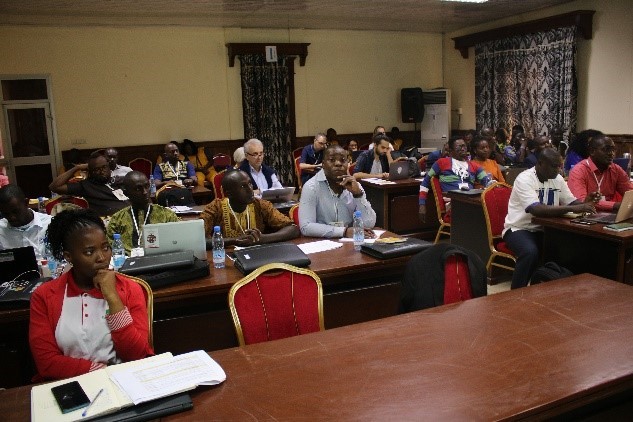
After a first training organised in Guinea in 2019, a second training course to build capacity in hemorrhagic fever surveillance at the wildlife, domestic, human and environment interface – by applying the One Health approach – took place in Yaounde, Cameroon from 10-22 October 2022 within the framework of the EBO-SURSY project.
The training brought together 29 participants (6 women, 23 men) from 9 countries in Central and West Africa. Students and professionals in public health, animal health, and the environmental and wildlife sectors were able to exchange and apply the One Health concept in the framework of epidemiological surveillance.
Participant
The training was based on a series of plenary lectures, given by several national, regional and international experts, which addressed the main concepts of surveillance, and how to apply the One Health approach to better manage the emergence and re-emergence of zoonotic pathogens. The participants were then divided into three groups to put the theory into practice within more specific modules: epidemiology of zoonoses, ecology of zoonoses and laboratory techniques. Finally, a plenary restitution of the work of each group, followed by a round table with the national actors of the One Health platform in Cameroon, i.e. the Cameroon Zoonoses Programme, allowed the participants to exchange their diverse perspectives. They also acquired the skills to establish a regional network of professionals and to take stock of the implementation of the One Health concept in the field.
All Pictures (c) S. Muset and Y. Guigma (WOAH) 2022.
Participant
This training was organized by the EBO-SURSY Project Consortium (WOAH, IRD, Institut Pasteur, CIRAD) and their national partners in Cameroon : the Centre for Research on Emerging and Re-emerging Diseases (CREMER), the Cameroonian Pasteur Center and the Veterinary Services Department. This training was conducted with the financial support of the European Union.



